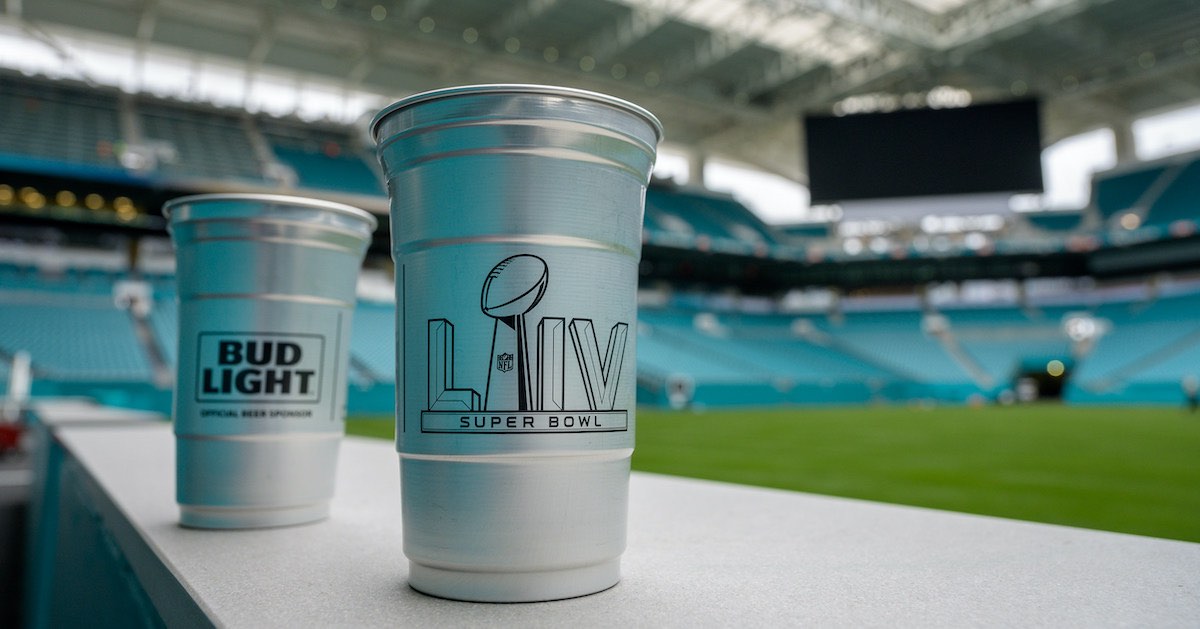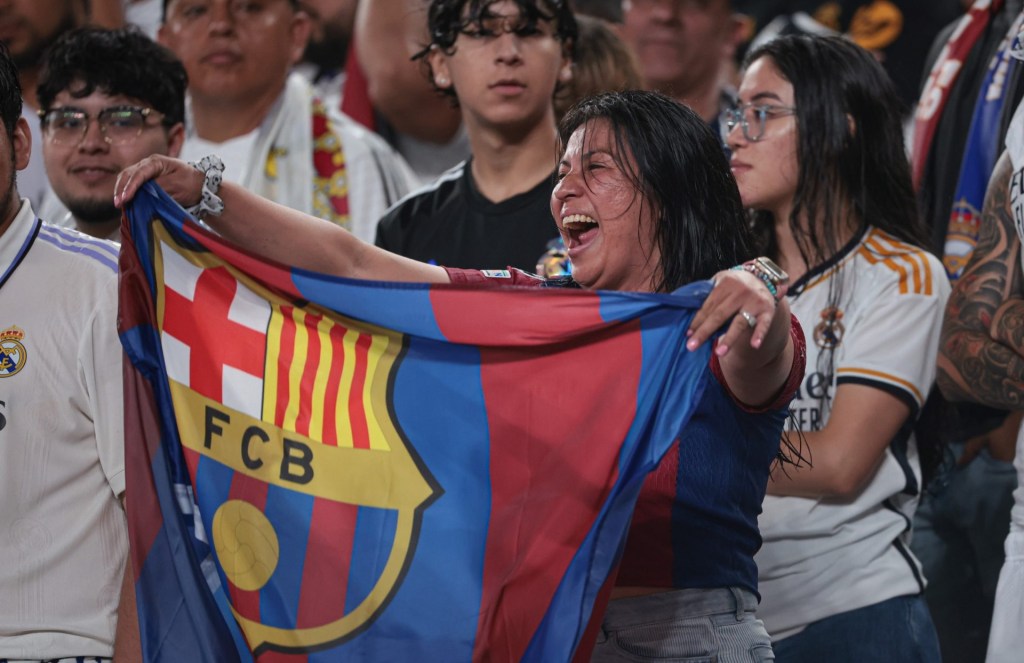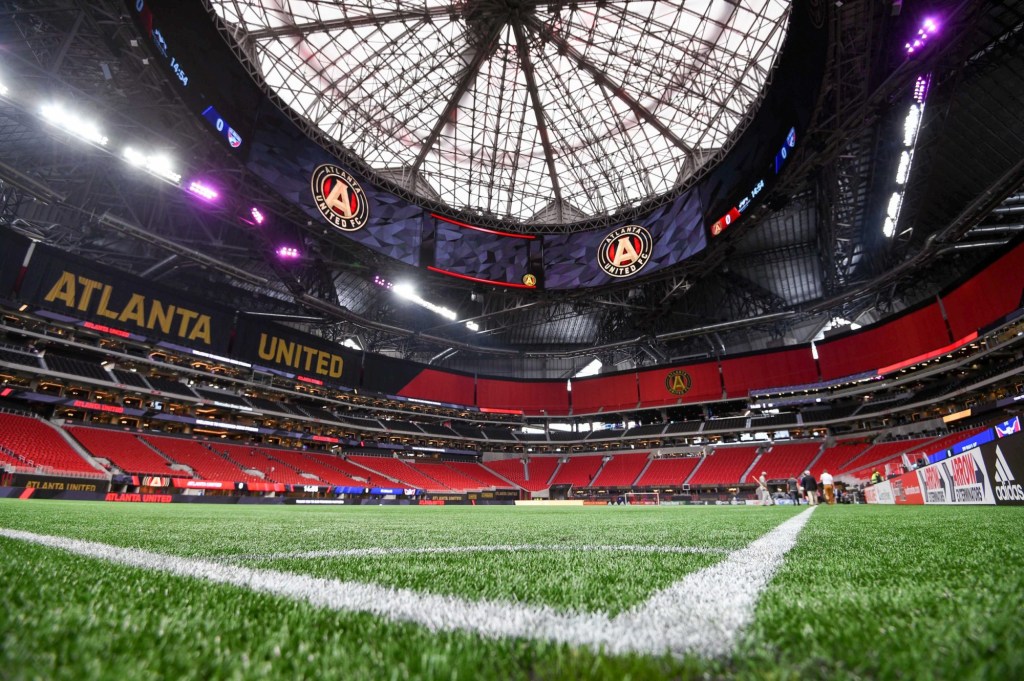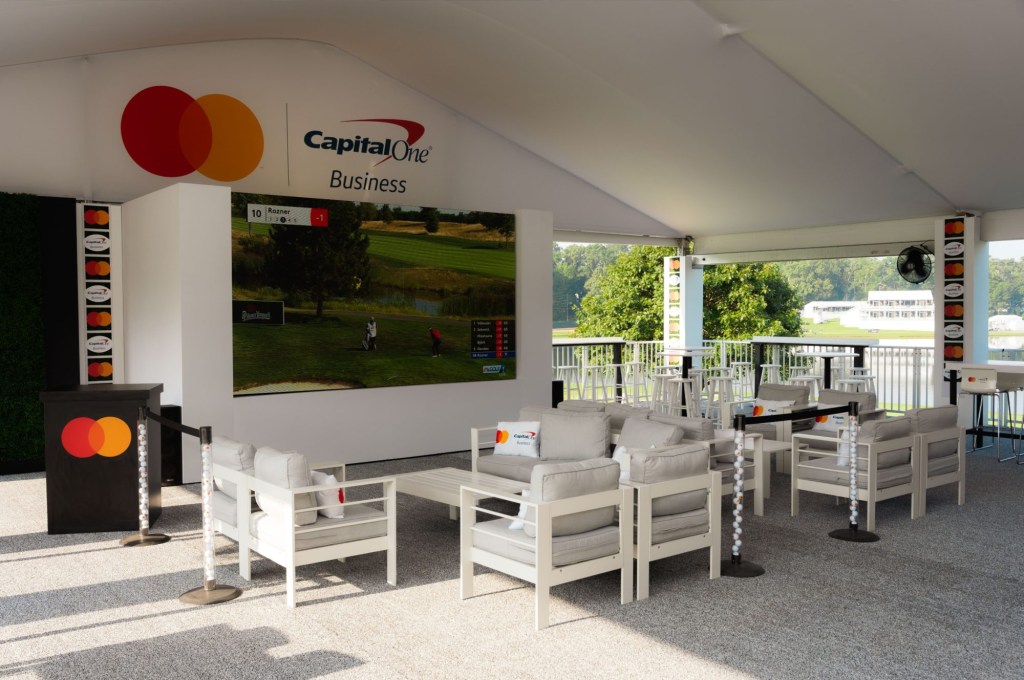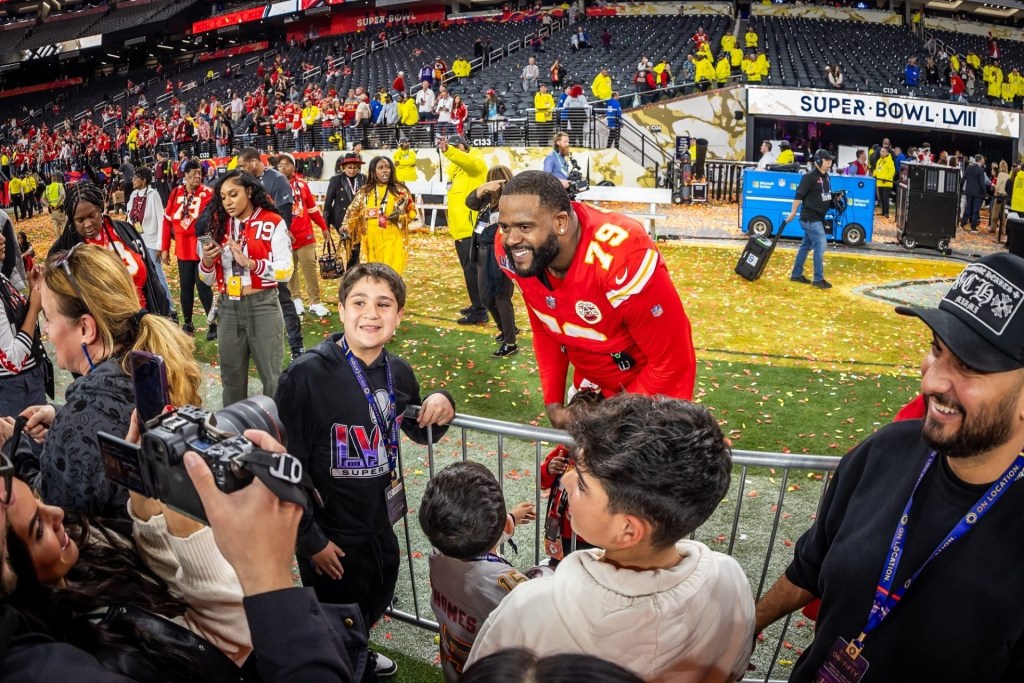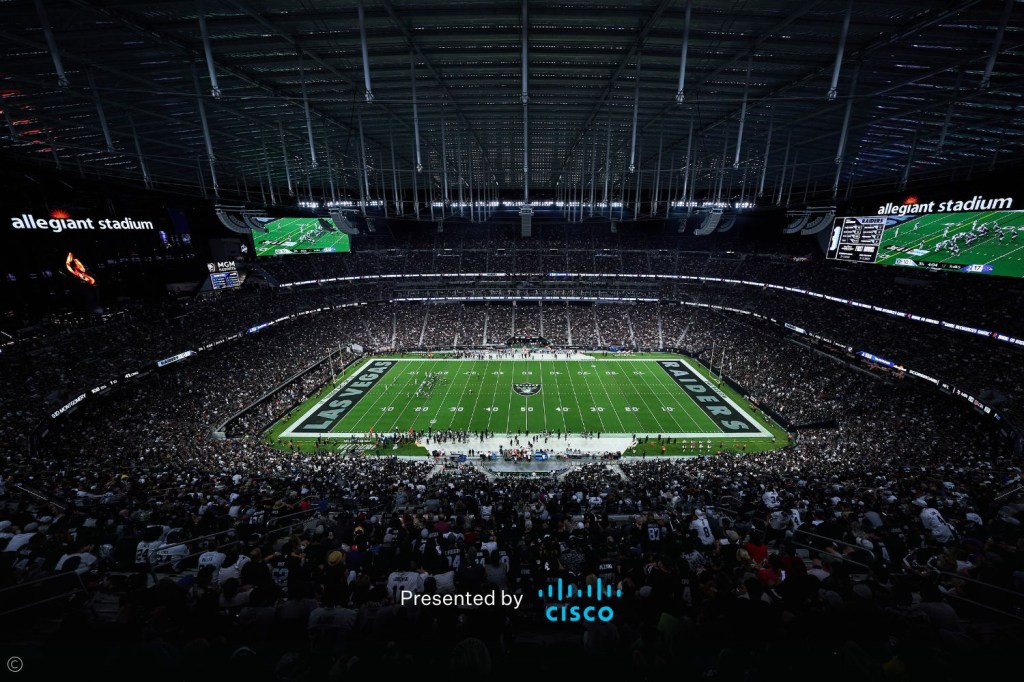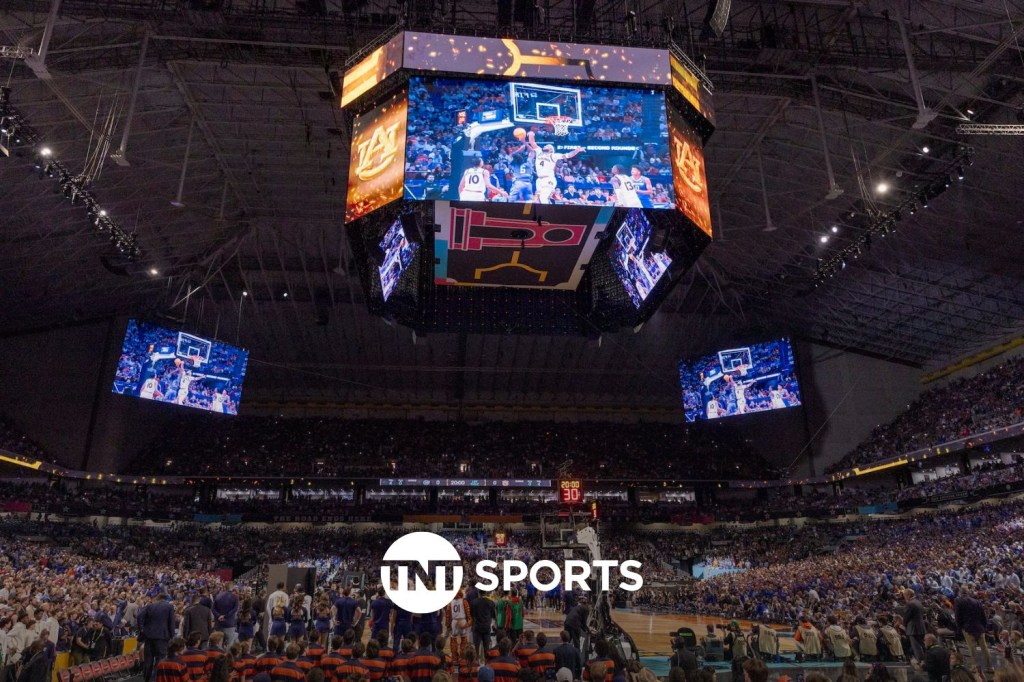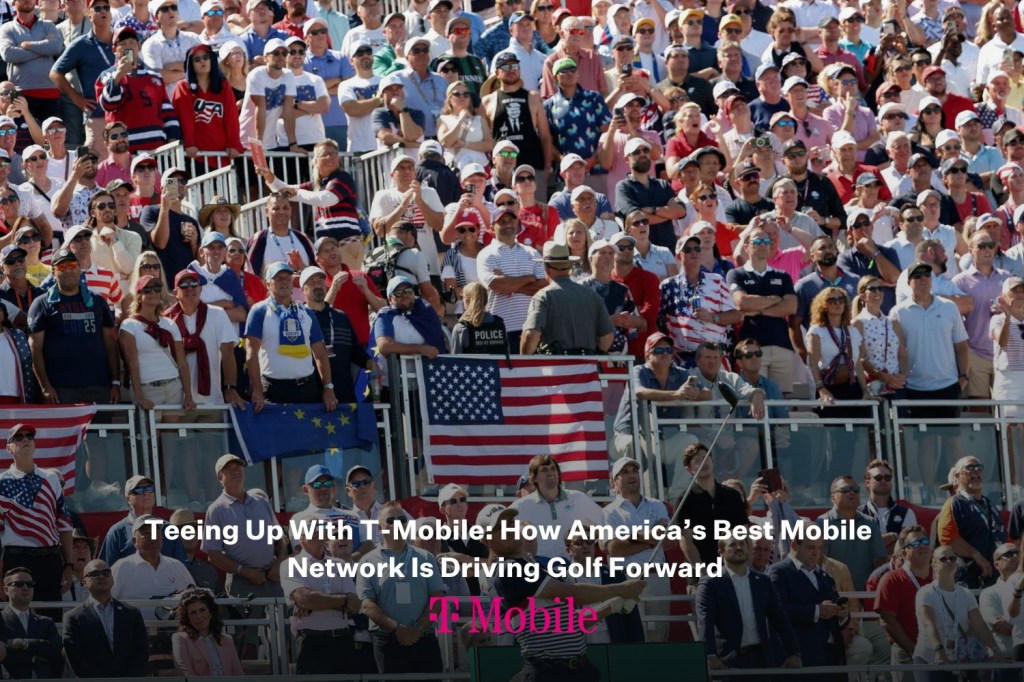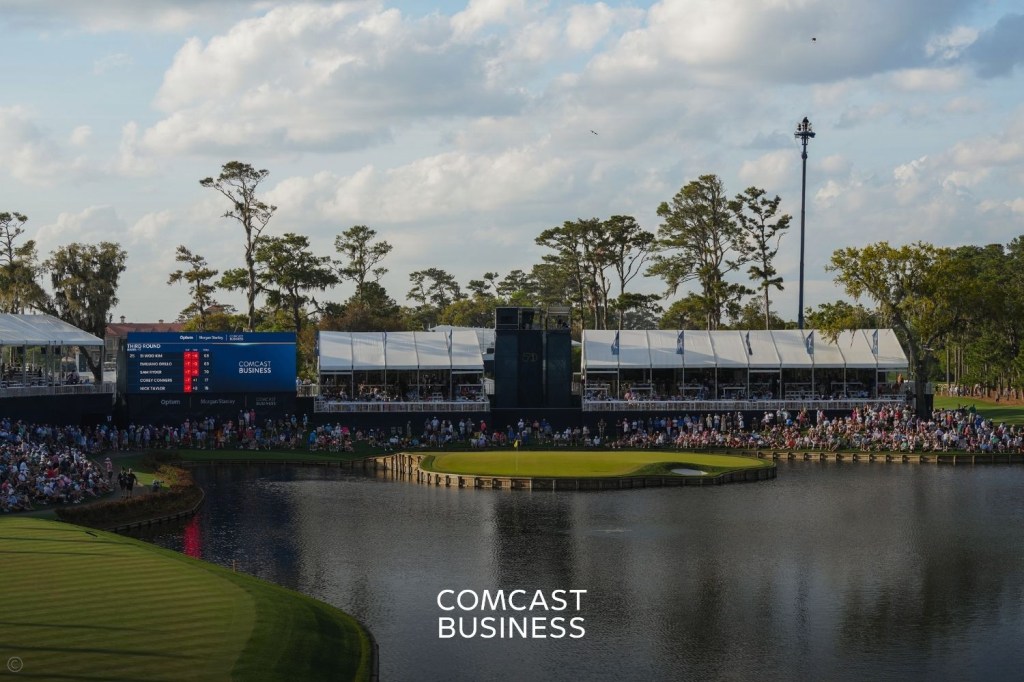While fans at Super Bowl LIV in Miami will see a global menu representative of the city at concession stands, they may not notice concessionaires’ push towards sustainability.
Centerplate, the official caterer for Hard Rock Stadium, plans to offer fans a menu of Cubano sausage, watermelon salads, paella and more, with many of the ingredients coming from local farms in South Florida. Centerplate – and its parent company, French-based Sodexo – has also teamed up with Ball Corporation to offer the company’s recyclable aluminum cups.
While the food aspect is critical to Centerplate, Sodexo Sports & Leisure CEO Nathalie Bellon-Szabo said the goal to eliminate plastic is as vital, which is why they brought on packaging-specialist Ball. Sodexo also used the cups at last year’s Tour de France and has plans to expand their use at other events they service, including the Olympics.
“It’s very important to us to contribute to this event with social impact,” Bellon-Szabo said.
Ball has made significant investments into the aluminum cup and broke ground on a manufacturing facility in Georgia this year. With the capability to manufacture hundreds of millions of cups out of the plant, Ball is signing on clients for 2021, Sebastian Siethoff, Ball’s general manager, said.
“At Ball, when we approach the investment, we think five to ten years down the line,” Siethoff said. “This is a heavily capitalized business with very long-term planning horizons, and we have bigger plans beyond this factory.”
There will be 50,000 of the aluminum 20-ounce cups at Hard Rock Stadium for the Super Bowl.
While Ball’s aluminum cup is a significant step towards sustainability, whether or not the cups are recycled is up to consumers and the venue, Walker Ross, assistant professor of sport business management at Florida Southern College, said.
“Aluminum is infinitely recyclable, that means if they’re going to be recycling properly, it will drastically decrease the impact on the environment,” Ross said. “You can have a good intention and put the cup in the recycle bin, but what happens after it gets picked up, that’s anybody’s guess.”
In a tweet from Dolphins President and CEO Tom Garfinkel, it took the organization 10 days to clear 60 pallets of single-use plastics from the stadium in December.
Hard Rock Stadium is the first U.S. professional sports venue to make a move away from plastic cups, following Ball’s debut of the cup at the University of Colorado’s Folsom Field last fall.
READ MORE: Ball Corp.’s New Vision To Transform Venue Sustainability With Aluminum
Many sustainable solutions can cost more upfront while offering longer lifespans and lower operating costs, as in the case of LED lights and low-flow toilets, Ross said, while noting many teams don’t have the extra funds to make it work.
“The important thing to remember is that a vast majority of the sports industry is not Miami-Dolphins scale; It’s minor leagues, community and youth programs,” he said. “They barely have enough money to keep the lights on.”
Without specifying costs, Siethoff said the aluminum cups will be more expensive than plastic alternatives but in line with other sustainable options.
Sodexo acquired Centerplate in 2017 and has an extensive lineup of events to service this year after the Super Bowl, including the French Open, Tour de France, and Tokyo Olympics. The company has also hosted CES in Las Vegas, the NCAA National Championship in New Orleans, and the 2019 Rugby World Cup in Tokyo.
Centerplate is seeking to add a “distinct Miami flair” to its offerings at the Super Bowl, with more than 2,500 employees in up to 10 kitchens and more than 20 supporting executive chefs flying in to help Hard Rock Executive Chef Dayanny de la Cruz with the extensive menu. Super Bowl LIV concession stands will also serve up Impossible Foods’ plant-based Impossible Burgers for the first time.
